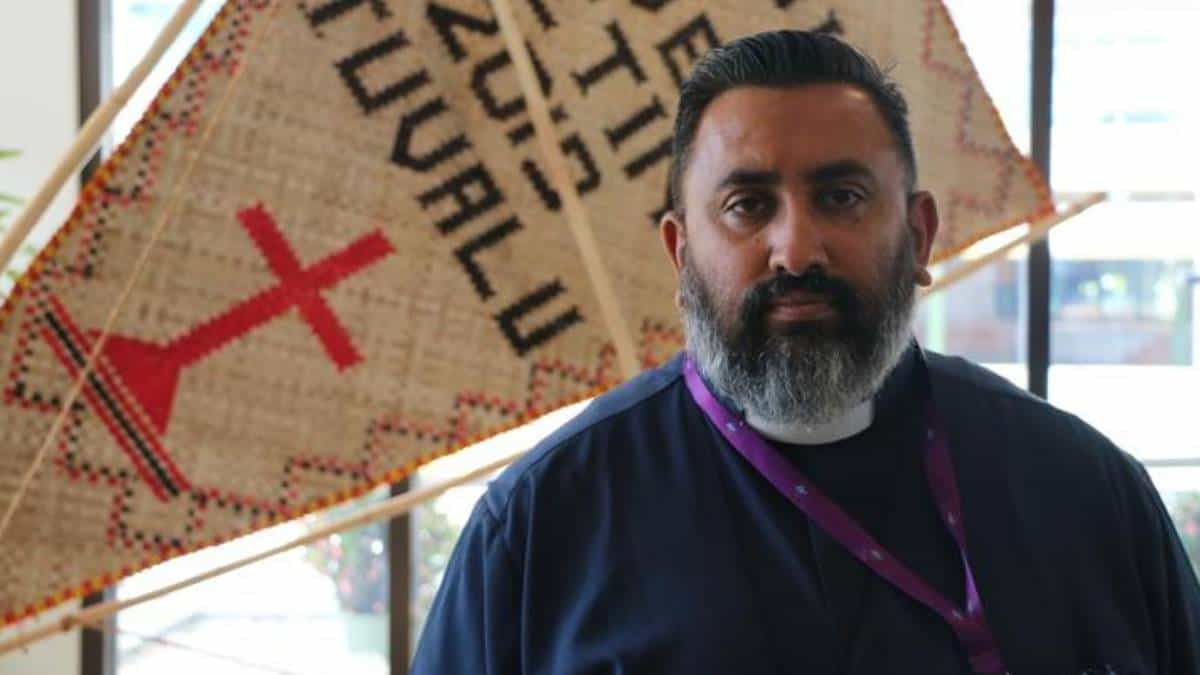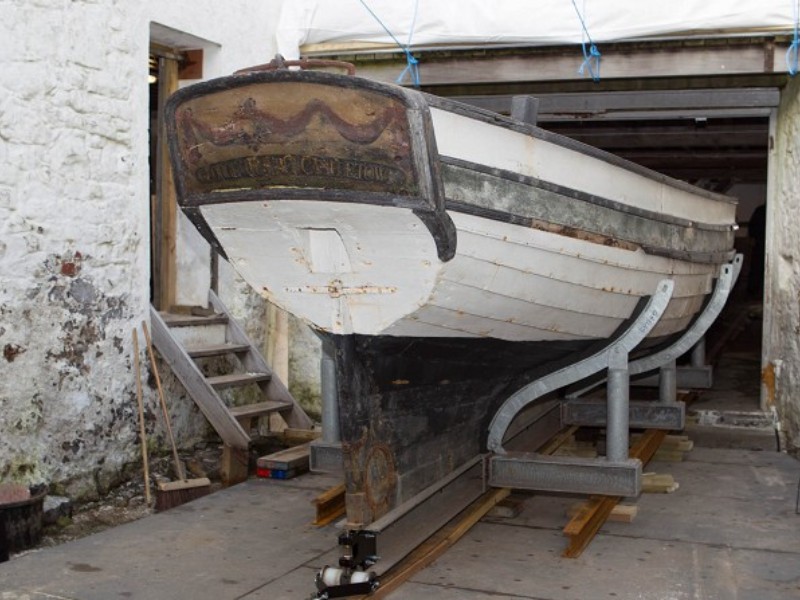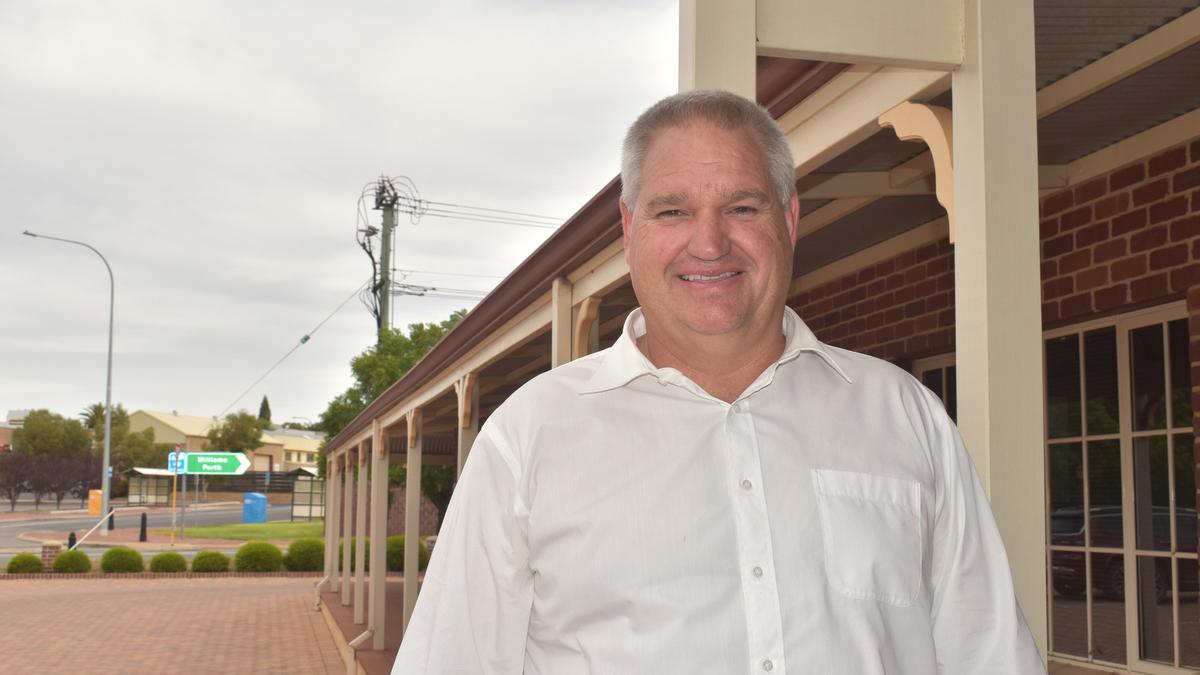By NIC MACLELLAN,Waisale Rokotuiveikau
Copyright islandsbusiness

AS Pacific leaders meet in Honiara at the Pacific Islands Forum, the Pacific Conference of Churches—the region’s main ecumenical organisation—has called on Pacific governments to recognise Palestinian statehood.
This echoes last month’s announcement by Australian Prime Minister Anthony Albanese that “at the 80th session of the United Nations General Assembly in September, Australia will recognise the state of Palestine.”
France, Canada and the United Kingdom have also announced they’ll take the same step this month, joining the 147 states that already recognise Palestine.
In a statement released at the Pacific Islands Forum, the Pacific Conference of Churches (PCC) has called on Pacific governments and partners “to safeguard civilians; support an enforceable ceasefire and humanitarian access; pursue accountability under international law and refrain from actions that pre-judge final status issues; recognise Palestine; and invest in a just peace worthy of our Ocean of Peace.”
Reverend James Bhagwan is the PCC General Secretary, leading an ecumenical faith organisation that unites 35 national denominations and 11 National Councils of Churches across the region.
In Honiara, Reverend Bhagwan explained: “The Pacific Conference of Churches has spoken out against the genocide that has taken place in Palestine. We cannot talk about the killing of thousands of people, unarmed civilians, children, destruction of humanitarian spaces and at the same time talk about a relationship with the countries that are perpetrating this violence.”
He acknowledged the support for Israel in many Pacific communities, but said: “The PCC is very concerned about the narratives around Christian Zionism that are being pushed, to gain political traction around the Pacific for the support of Israel. But it is wrong theology – it is theology being twisted for political purposes. It’s the same when theology gets twisted for ethno-nationalism, for racism, or as an excuse to neglect or even harm the marginalised communities in our region.”
The week, Forum leaders will adopt a declaration recognising the “Blue Pacific Ocean of Peace.” But throughout the week, church and community leaders present in Honiara have been calling for peace with justice, human rights and a recognition of the right to self-determination.
“We have to be clear,” Bhagwan said. “If we are to be gathering at a time talking about an ‘Ocean of Peace’, we cannot talk about peace in our region and then support people who do war, do murder and do harm on others.”
Support and opposition
After the Hamas attack and hostage taking in October 2023, Forum leaders gathered at following month in Rarotonga, Cook Islands.
Mobilised by the early reports of civilian casualties during Israel’s reprisals in Gaza and the occupied West Bank, Cook Islands women rallied outside the 2023 Forum, with a banner calling on Pacific leaders to “please condemn the killing of displaced Palestinians and God’s innocent children in Gaza.”
Since the start of the latest conflict, Pacific civil society groups have maintained small but vibrant protests against the Israeli massacre of non-combatants in Gaza and the occupied West Bank. There have been protests in countries and territories across the Pacific region—from Guam and the Northern Marianas Islands to Fiji, Tonga, Samoa and New Caledonia—condemning Israel’s attacks in Gaza, focused especially on the death of Palestinian civilians and non-combatants.
Though small, the diversity and reach of these rallies, vigils and petitions is unprecedented in the islands, and a younger generation are learning the history of trauma, occupation and conflict in Israel and Palestine.
Despite this, there is still widespread community sympathy for Israelis and Pacific governments have repeatedly joined Israel and the United States to vote against UN human rights resolutions on Palestine, to thwart UN action on potential genocide in Gaza.
Isolated diplomatically, Israel has welcomed diplomatic support from Forum island countries at the United Nations. At the start of the crisis in October 2023, the vote on a UNGA resolution on humanitarian assistance to Palestinians was 124–14: six of the 14 no votes came from Pacific Island states).
A resolution in June 2024 that called for an immediate ceasefire to the war was overwhelmingly approved, with 149 countries voting in favour of it. Of the 12 that voted against, seven—Fiji, Micronesia, Nauru, Palau, Papua New Guinea, Tonga and Tuvalu—were Pacific nations.
For decades, Israel has welcomed significant support from Pacific governments. Vanuatu formally recognised Palestinian statehood in 1989, but Israel received widespread community support after the Hamas attacks and hostage taking of 7 October, drawing on historic traditions of Christian Zionism. For some states, this policy has deep roots – in line with US policy, the Federated States of Micronesia has not cast a single vote critical of Israeli policy in the past decade.
Moving embassies
In 2017, US President Trump recognised the holy city of Jerusalem as Israel’s capital and announced the relocation of the US embassy in Israel from Tel Aviv. The Trump administration was isolated in a 14-1 vote at the UN Security Council which criticised the decision, vetoed by America’s then UN Ambassador Nikki Haley.
In a subsequent emergency meeting of the UN General Assembly—a rare occasion—UN members voted 128-9-35 to ask nations not to establish diplomatic missions in Jerusalem. Only seven other countries joined the United States and Israel to vote against the UNGA resolution, including four island nations (Nauru and the three US Compact states Marshall Islands, Palau and Federated States of Micronesia). In contrast, Papua New Guinea and New Zealand voted in support of the resolution while Australia, Fiji, Kiribati, Solomon Islands and Vanuatu abstained.
Under PNG Prime Minister James Marape, there has been a change of policy and Papua New Guinea is one of just six countries that has opened an embassy in Jerusalem, recognising it as Israel’s capital. Fiji has also committed to opening an embassy in Jerusalem, with Prime Minister Sitiveni Rabuka set to travel to Israel soon for the official opening, alongside Israeli leader Benjamin Netanyahu.
However in their statement, the PCC said: “Regarding the plans by some Pacific countries to shift embassies from Tel Aviv to Jerusalem, we counsel restraint. Such moves sit uneasily with out Ocean of Peace vision and with international law. We urge governments to avoid steps that pre-judge Jerusalem’s final status or normalise ongoing violations. Keep missions in Tel Aviv until a just and negotiated settlement is reached.”
Israel as regional partner
This week in Honiara, Forum leaders will discuss the range and nature of their partnerships with non-member countries. Twenty-one states have already received official Forum Dialogue Partner status, with another six countries applying for this status. Both Israel and Saudi Arabia are in this latter group, whose applications were frozen in 2023 (and all existing Dialogue Partners won’t attend this year’s Forum, as leaders develops a new model for dialogue).
Last month, Israel’s Foreign Ministry announced that Deputy Foreign Minister Sharren Haskel will prepare an official tour of Pacific Island states, including Papua New Guinea, Fiji, Nauru, Palau, Tuvalu and Tonga, which support Israel and the United States at the United Nations.
After Australia moved to recognise Palestinian statehood, Israel’s Foreign Ministry says Deputy Foreign Minister Haskel “will lead the delegation to engage in discussions aimed at deepening and advancing Israel–Pacific relations in a wide range of bilateral, multilateral, and strategic fields.”
The government tour reflects “Israel’s profound appreciation for the Pacific Island states and underscores Israel’s commitment to strengthening co-operation with them…The Pacific Island states constitute an important focus of support for Israel across various international frameworks. This support is expressed bilaterally – most notably through the establishment of official embassies in Jerusalem, Israel’s capital, as exemplified by Papua New Guinea in 2023 and as additional states intend to pursue in the near future” and “through significant backing of Israel within the United Nations.”
As leaders debate peace and partnership and the death toll mounts in Gaza, it is significant that the largest ecumenical network of churches in the Pacific has taken a public stand in support of Palestinian rights.
For Reverend James Bhagwan, “we grieve every life taken and reject every hatred – antisemitism, anti-Arab racism, and Islamophobia. We pray for and accompany Palestinian Christians and all communities affected by violence. Peace requires justice, reconciliation requires truth, security requires equal rights and the end of collective punishment and occupation.”



